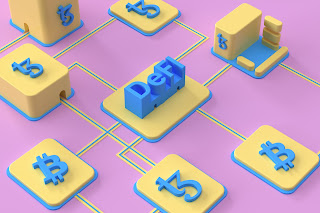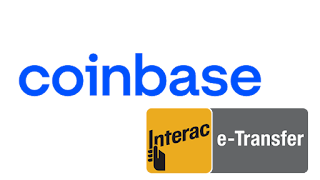One of the most appealing aspects of decentralized finance (DeFi) is the possibility of earning a passive income and even managing payroll. Whether you connect to DeFi apps, or Dapps, through decentralized Web3.0 gateways or simply through regular web interfaces, many individuals and businesses are now seeing the benefits of having access to alternative financial products and services.
Staking is the first method
Staking is the process of locking (or "staking") tokens into a smart contract in order to earn more of the same token in return. The token in question is usually the blockchain's native asset, such as ETH in the case of Ethereum.
Why would anyone give you free tokens just to keep your existing tokens locked up? Apart from rewarding network users, that is the rationale behind token incentives. Proof-of-Stake blockchains rely on users locking their assets into special smart contracts. These are overseen by network validators, who are responsible for upholding the blockchain's consensus rules and ensuring that no one attempts to game the system. Validators who commit fraud may be penalized by losing a portion of their stake.
Become a provider of liquidity
Swaps between token pairs, such as ETH and USDT, are supported by decentralized exchanges such as Uniswap and SushiSwap. This liquidity is provided by pooled tokens owned by liquidity providers (LPs), which are ordinary Defi users who deposit their tokens into the smart contract that controls the pool in question. As a result, you will earn a 0.3 percent fee on all swaps on Uniswap's DEX, proportionally to your pool share. The more trades you conduct through that pool, the more money you'll make.
LPing does not always result in a profit. When the price of one of the pooled tokens fluctuates significantly, you may lose money due to a process known as impermanent loss (IL). However, there are ways to mitigate this by investing in highly liquid pools that contain less volatile assets, such as WBTC/ETH.
Farming for yield
When you invest in a DEX such as Uniswap, you will receive tokens representing your pool share. These tokens can then be locked into yield farms, which are essentially DeFi protocols that reward you with more or a different token. This means that while your pooled assets earn a portion of all Uniswap fees, your LP tokens can also be earned.
When yield farming, it's critical to do your homework on the platform in question to ensure that it's trustworthy and that its developers aren't planning on "rug pulling" by stealing LP tokens and using them to withdraw liquidity from DEX pools. Choose well-known platforms with a good reputation and smart contracts that have been externally audited.
Lending
Lending Platforms pay users an APY in exchange for locking their assets into a smart contract. Borrowers then use these tokens to pay interest, a portion of which is returned to the lender. For lending DAI, Compound Finance, for example, currently offers an APY of 8.19 percent. There is no risk of the borrower failing to repay their debt because the entire lending and borrowing process is governed by smart contracts. As a result, you should be able to withdraw your staked assets at any time.
Because of DeFi's flexibility, it is essentially permissionless and can more easily accommodate third-party integrations. Another advantage of DeFi is that everything is more transparent because it uses blockchain. This could aid in the improvement of due diligence and the reduction of financial scams and bad business practices.









